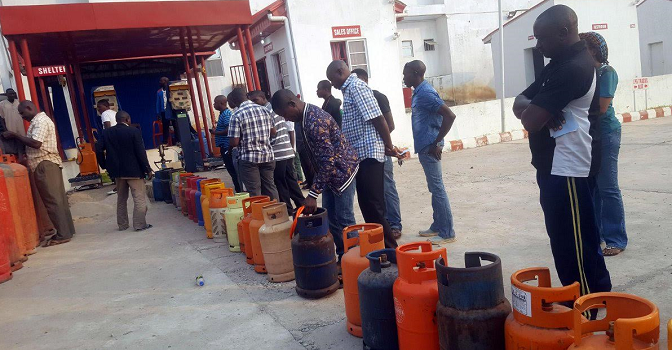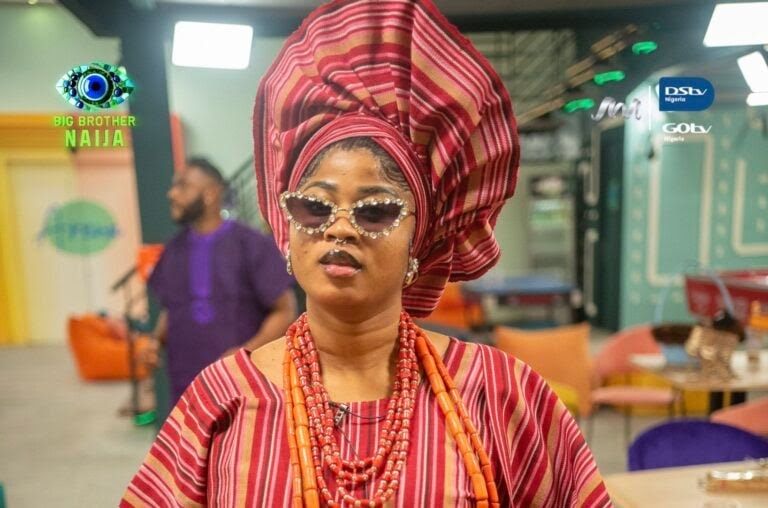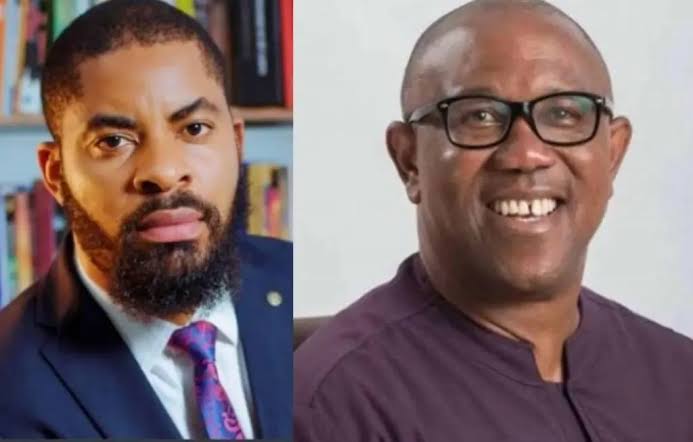
Why I’d Choose Tinubu Over Obi – Deji Adeyanju
- Nigeria News
- 29.08.2025
- No Comment
- 119
Why I’d Choose Tinubu Over Obi – Adeyanju
declaring that if faced with a choice between President Bola Ahmed Tinubu and Labour Party’s
Peter Obi in the 2027 presidential elections, he would prefer Tinubu. His statement
has triggered widespread reactions across Nigeria’s political landscape, particularly from supporters of both men.
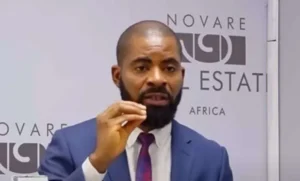
Speaking during an interview on Channels Television, Adeyanju stressed that his stance is not driven by
democracy, political tolerance, and freedom of expression. According to him, democracy thrives
only when there is room for dissenting voices without fear of harassment or intimidation.
He explained
Why would somebody like me support the APC? Support the APC for what? If the opposition presents Peter Obi,
I will vote Tinubu. This is because we cannot have a situation where a man’s supporters cannot tolerate
criticism and call people all sorts of names.
Adeyanju’s statement was a direct jab at the Obidient Movement — the loyal fan base of Peter Obi,
whom he accused of intolerance and cyberbullying during the last election cycle.
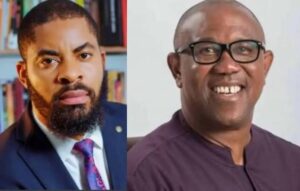
Why Adeyanju Opposes Obi’s Movement
The activist argued that many Obi supporters crossed the line during the 2023 general elections by intimidating
individuals who did not share their political views. He alleged that critics of Obi were unfairly branded as
enemies of Nigeria or accused of being compromised.
Adeyanju gave an example of a female voter who supported Tinubu and was allegedly subjected to online harassment.
He warned that such behaviour undermines democracy and could lead to political extremism.
He emphasized:
What we are saying is that we must sanitise our polity. We cannot have a country where people terrorise
others simply because they have different opinions. People have rights; I have the right. That is democracy.
always voted based on personal conviction rather than party loyalty. To buttress his point, he listed his voting
history:
- 1999: Voted for Olusegun Obasanjo.
- 2011: Voted for Goodluck Jonathan.
- 2015: Voted for Goodluck Jonathan again because he could not support Buhari.
- 2023: Voted for Omoyele Sowore.
He explained that his voting record shows consistency and independence, proving that he makes decisions based on
candidates rather than parties.
build-up to the 2023 elections. He noted that Obi represented hope for the
South-East, a region that has never produced a Nigerian president since independence.
However, his enthusiasm faded as the election campaign progressed due to the
toxic behaviour of some supporters, which he felt contradicted democratic values.
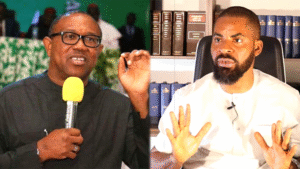
came at great personal cost. He recounted how he had faced multiple arrests under different administrations,
with charges ranging from public disturbance to terrorism-related accusations.
We have put our lives on the line for this country, for the preservation of democracy, at personal expense
and prosecution. What kind of charges have we not faced? They once almost charged me with terrorism.
This is the price we pay for standing by the truth.
opposition parties to prioritise unity instead of division, stressing that disunity would always give the ruling
APC an advantage in elections.
He said:
Because we cannot have a situation in our country or in our polity where political extremism becomes the
order of the day. And Nigerians are living witnesses to the things that happened during the build-up to the
last election.
others accused him of deliberately undermining Peter Obi and his supporters. Members of the Obidient Movement
dismissed his claims as exaggerated, while APC loyalists hailed his stance as proof of Obi’s alleged intolerance.
Political analysts note that Adeyanju’s position reflects the deeper struggle within Nigeria’s opposition, where
ideological differences and internal divisions have weakened their ability to challenge the ruling party
effectively.
also the larger conversation about political tolerance, democracy, and opposition unity in
Nigeria. While his critics see his views as controversial, his warnings about extremism and intolerance
resonate with the need to safeguard democracy in Africa’s most populous nation.
As Nigeria heads toward another crucial election cycle, the debate on leadership, inclusiveness, and democratic
values will continue to dominate the political discourse. Adeyanju’s voice, whether loved or hated, adds to the
diversity of perspectives shaping Nigeria’s democratic journey.


